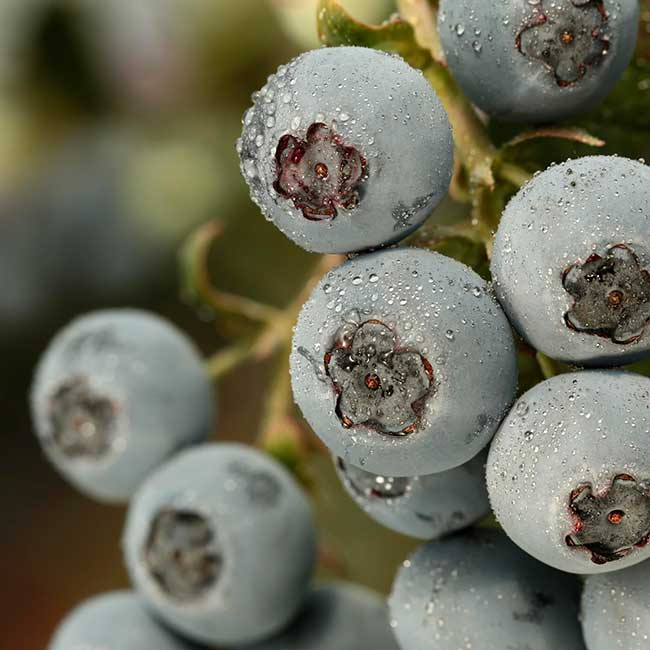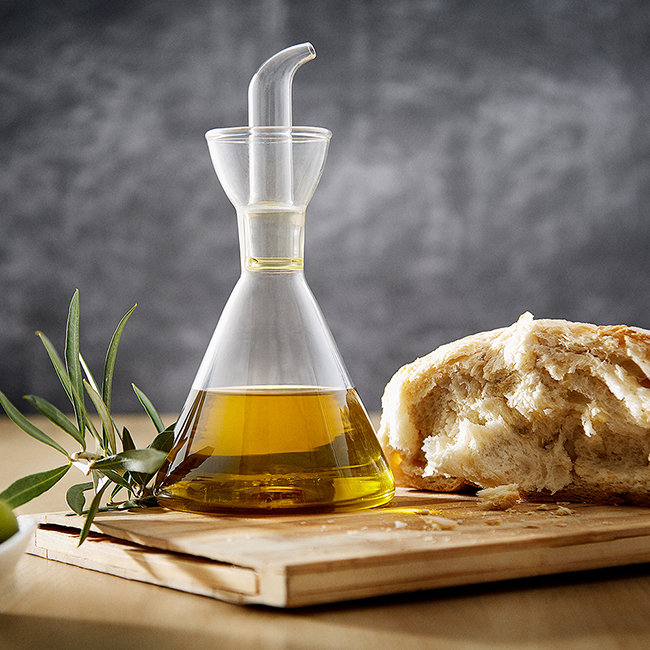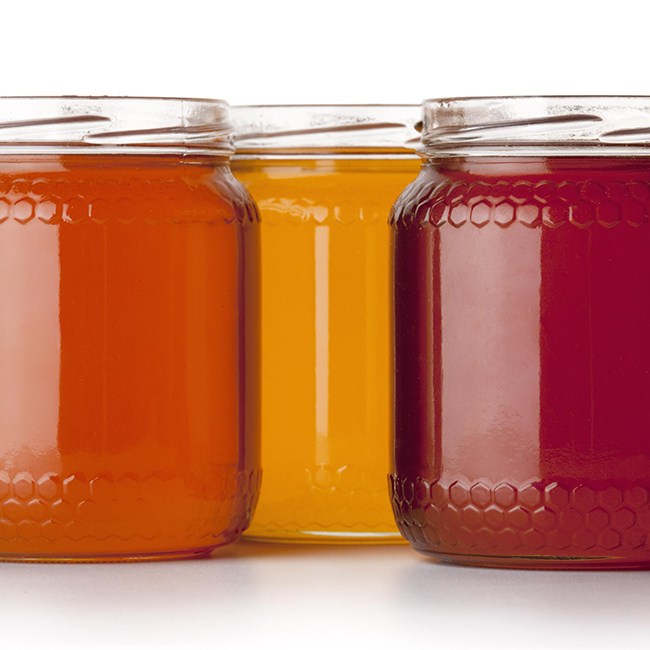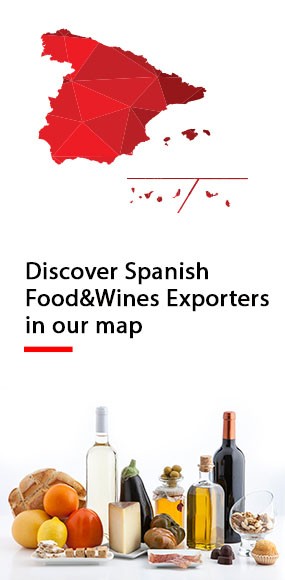.png.transform/rendition-xs/image_image%20(1).png)
Organic Producers in Northern Spain: Top-Flight Olive Oil, Blueberries and Honey
We’re going to look at some of Spain’s standout organic producers from Spain who are eager to share their views on exports, sustainability, innovation, and the future of the industry.

Organic food is nutritious, it’s safe, tasty, plus it’s better for the environment and for animals. So is it any surprise that this industry is booming, across the world and especially in Spain? Within the European Union, Spain ranks first in the amount of land dedicated to organic agriculture, ahead of France, Germany and Italy; in fact, it’s among the top five producing countries in all the world.
In this new series, we’re going to look at some of Spain’s standout organic producers from different parts of the country who are eager to share their views on exports, sustainability, innovation, and the future of the industry.
A unique, award-winning organic extra virgin olive oil from La Rioja
Our adventure begins in northern Spain, in La Rioja, with a small, family-run extra virgin olive oil producer. Isul only produces one product: an extra virgin organic oil. Their olives are grown without the use of herbicides, insecticides, or chemical fertilizers, and no extreme heat or chemicals are used during the extraction process.
A testament to their oil’s quality is the long list of accolades they’re received, including a gold medal from the PDO Oil from La Rioja Regulatory Council, a gold medal at Bio Oil in Italy, a silver medal at Biocórdoba, and inclusion in the prestigious Flos Olei olive oil guide.
This company, which exports around 30% of production to countries like Denmark, Belgium, France, Switzerland, and Germany, has a very specific view of organic production.
According to Vicente Catalán, one of the founders, “Our main objective is to seek a natural balance between the land and the olive grove. It’s not really a question of treating infestations and disease with conventional products; the real goal is to reduce ‘defensive applications’ as much as possible.”
Unsurprisingly, Isul is committed to sustainability in additional ways. The team of siblings only offers their oils in cans and glass packaging and actively looks for ways to reduce its energy consumption. Its vision for the future of the industry? Says Vicente, “We believe that the next step will be requiring that producers are 100% organic. It’s a mistake to allow companies to offer organic products as well as conventionally-produced products.”

Organic blueberries from Cantabria ripe for export
Our next stop is Cantabria, home to Campoberry, one of the member companies in the exclusive export consortium Santander Fine Food. The consortium comprises companies that produce gourmet food products and it was founded in 2015 with the goal of helping its members gain a solid foothold in markets outside Spain.
Like Isul, Campoberry really channels all of its energy into one outstanding product: organic blueberries. The company, which has multiple organic certifications, produces early-, mid- and late-season bearing varieties on its 11 hectares of land.
As blueberries haven’t really been an integral part of the Mediterrean Diet and Spaniards’ diets in general until relatively recently, exports are an essential part of Campoberry’s business, and the bulk goes to countries like the UK, France and Germany.
As for where the industry is headed, Santander Fine Food manager Concha Blanca opines that “organic products will become an increasingly important part of people’s diets around the world as consumers become more responsible about what they eat.
Currently, people are aware of the importance of eating right to stay healthy, preserving raw materials, and protecting the environment. This represents major progress for health and sustainability, but we still have a lot of work to do in terms of raising awareness. We are what we eat.”
Innovative, organic honeys from Galicia

Our final stop has us heading to the west, to Galicia, to a company called Mieles Anta. This company, which specializes in honey, pollen, jelly, propolis, and wax, has been operating since 1991 in A Coruña. It officially started offering organic products back in 2005 and currently sells both to consumers across the world.
Around 40% of production is allocated for exports, the main markets being Germany, Portugal, Belgium, France, Ireland, and The Netherlands. Outside Europe, consumers in the UK, Japan, China and the US also appreciate their stellar products. It’s worth noting also that their most exported products are their organic ones, sold under the Pazo de Lusío brand.
With an impressive 14,000 hives for conventional and organic beekeeping, more than 90% of which are certified organic, it comes as no surprise that the company has been very busy of late: launching new products, like their honey with propolis; innovating new items, including one related to pollen that’s still under wraps; and supporting their bees’ wellbeing, with a new beeswax laminator.
But when all is said and done, Paula Bernárdez, who is part of the financial department, breaks down the honey producer’s big plans. “What’s most important for us,” she says, “is to expand more into organic production. That is always our main objective.”
Small producers, noteworthy products
One of the the most wonderful aspects of Spain’s food and drink scene is the plethora of producers, like Isul, Campoberry and Mieles Anta, which are committed to the organic market and to creating healthier, sustainable products with little impact on the environment. They use innovation to address challenges in their niches and thinking outside the box is company policy. And there’s plenty of scope for growth.
Text: Samara Kamenecka

